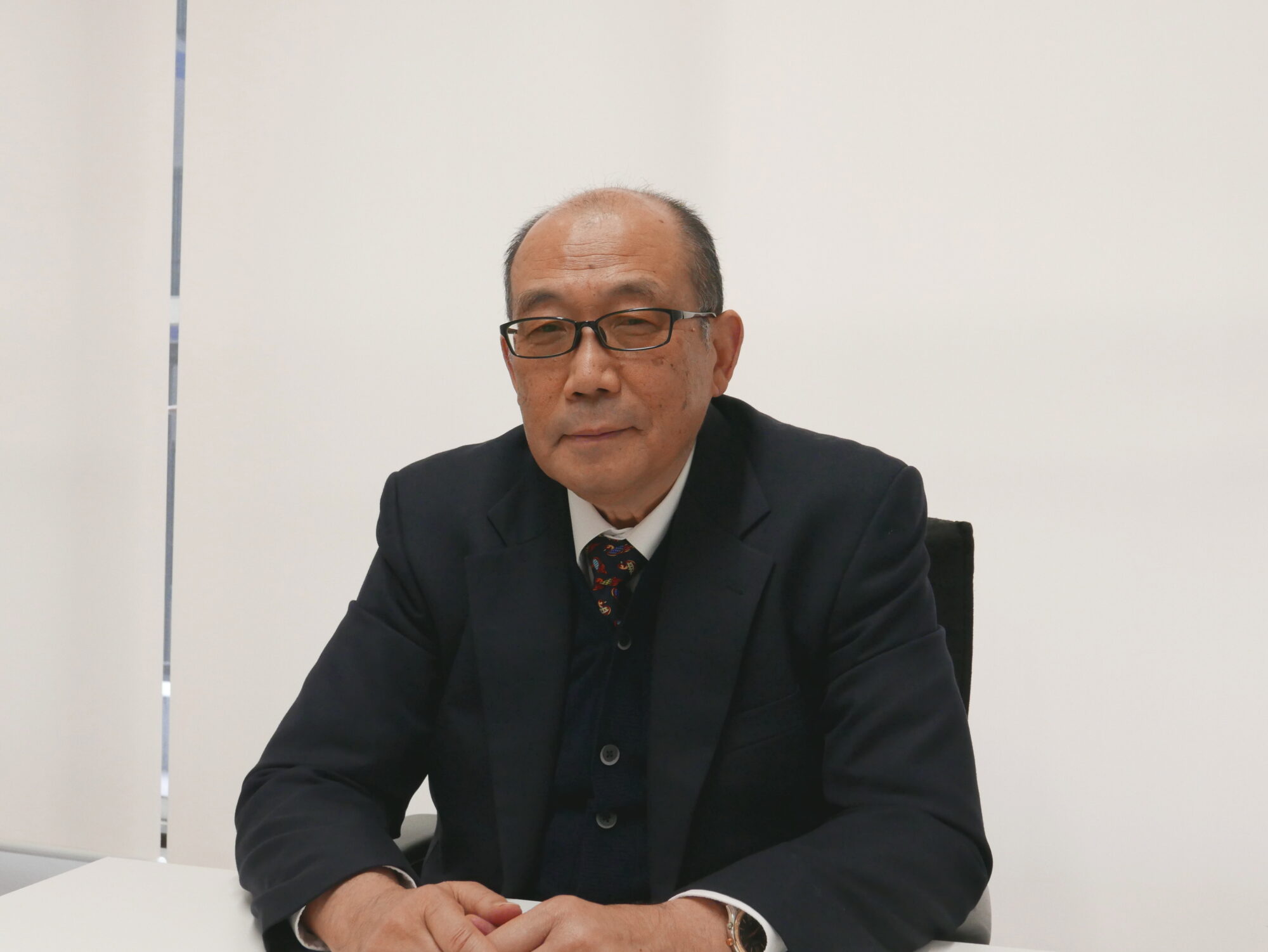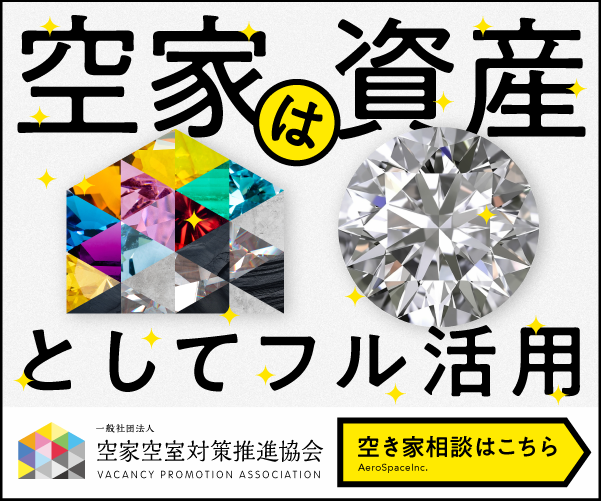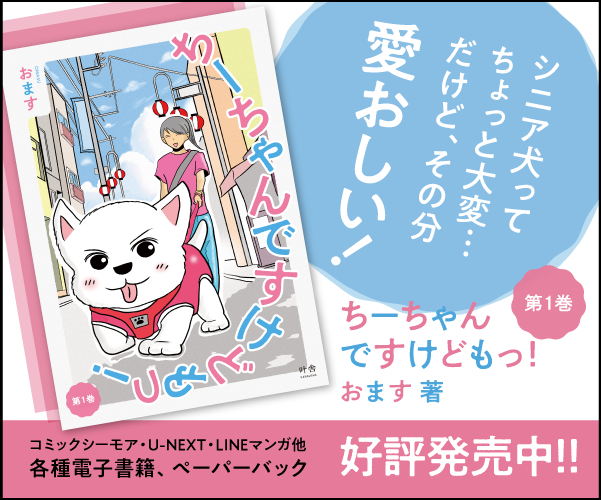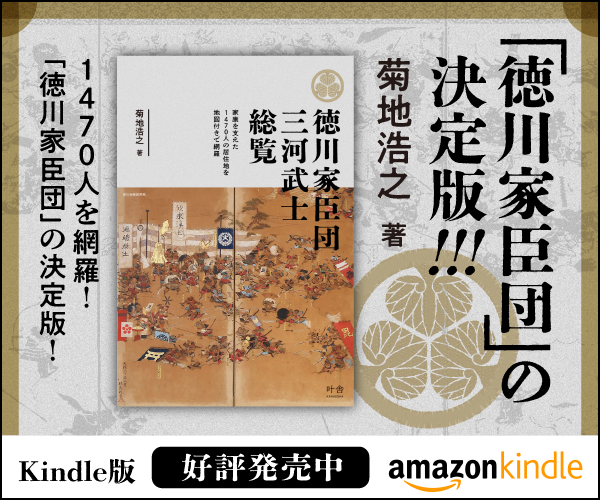Inspection Association (NPO) / Chairman, Organization for the Promotion of Distribution of Vacant Houses / Former Director, Japan Association of Lawyers for Arbitration ADR
Born in 1948 in Hiroshima Prefecture. In 2004, he founded the Japan Housing Performance Inspection Association, a non-profit organization dedicated to solving housing problems. He advises on contractual issues such as subleases, deposits and guarantees, and victim groups, and negotiates and discusses with relevant government agencies and related companies.
Q. When I applied to rent a house in Japan, I was asked to pay “key money” in addition to the deposit. Do I have to pay it?
A. “Rei-kin” is not legally required. The exchange of key money is simply a Japanese custom. However, if the landlord demands reikin and the tenant refuses to pay it, the landlord may refuse to sign the contract.
Just as the tenant has the freedom to choose the property, the landlord has the freedom to decide to whom to rent the room and with whom to sign the contract.
Therefore, if the landlord does not accept the tenant’s insistence that he or she does not want to pay key money, the contract cannot be signed.
In other words, the key money can be considered as a “thank you” to the landlord for renting the apartment to you.
As a tenant, you may feel that you are “renting” the apartment to the landlord. However, in Japan, the tenant is protected by law. Therefore, once a house is rented, the landlord cannot simply evict the tenant. Therefore, “key money” is a way for landlords to identify good tenants.













